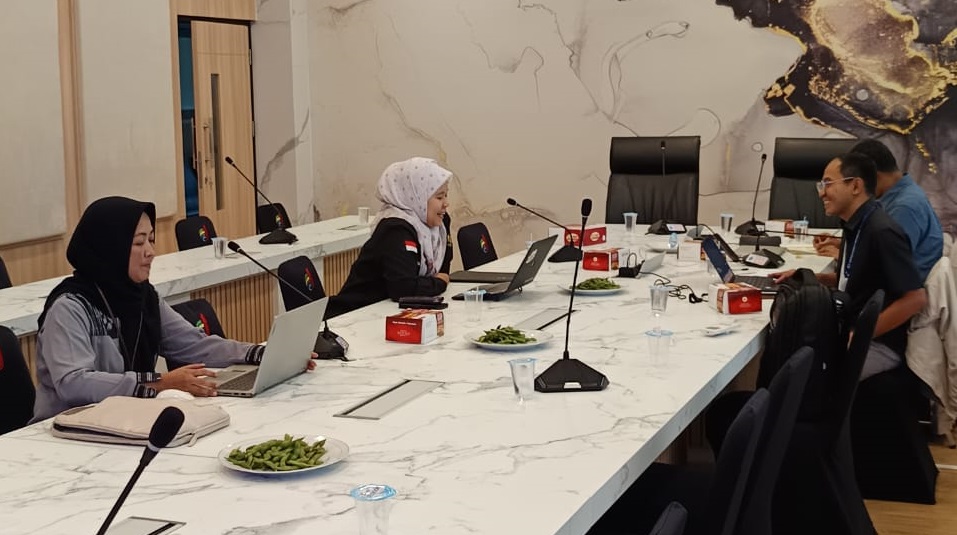

To strengthen the synergy between vocational education and the industrial world, Politeknik Negeri Jember (Polije) has initiated a comprehensive discussion on the implementation of Structured Internship (SIGL). This initiative is part of the ongoing collaboration with Swisscontact – Skill for Competitiveness (S4C) project, involving multiple stakeholders, including the East Java Chamber of Commerce and Industry (KADIN Jatim).
The program began with visits to five of Polije’s key industrial partners. These visits aimed to prepare and develop the Rencana Pembelajaran di Dunia Usaha dan Dunia Industri (RPV) documents and establish the necessary groundwork for the upcoming implementation of SIGL. Each of the five selected companies has committed to implementing the Structured Internship for one full semester, ensuring that students gain substantial hands-on experience aligned with their academic backgrounds.
During the company visits, coaching sessions were also conducted involving technical advice from KADIN Jatim. These sessions focused on developing industry-specific RPV documents and identifying the standards required for effective and measurable internships.
The Department of Agricultural Production Technology (Jurusan Teknologi Produksi) has taken a strategic role in determining which industries will be involved in the program. Priority is given to companies that have previously recruited Polije interns for full-time positions. This ensures the relevance and effectiveness of the Structured Internship Program.
As a result of this initiative, 20 compatible industries have been identified as official partners in this pilot project. These industries have demonstrated the capacity and willingness to mentor and train Polije students in real-world settings.
Kiki Hendarin from S4C emphasized the importance of selecting the right industrial partners. “The chosen industries are those that have previously recruited students after internships, which means they are already familiar with the program. It would be even better if these industries already have In-CT Trainers or In-CT Mentors to ensure the internship is measurable and yields good output. However, this is not a mandatory requirement that limits an industry’s ability to educate. What’s important is that the industry has a solid internship system in place, even without In-CT Trainers. This is a shared task between S4C and Polije to find the best possible internship sites,” she stated.
Surateno, S.Kom., M.Kom., Vice Director of Academic Affairs at Polije, added, “According to the latest regulations from the Ministry of Education, Culture, Research, and Technology for Science and Technology (Kemendikti Saintek), Polije’s curriculum will be updated in 2025. This update will align the curriculum with industry needs. With intervention from S4C, we expect the curriculum to be embedded, not entirely changed, so that it fits better with the development of vocational education and industry,” he explained.
This structured internship program is expected to become a vital component of Polije’s vocational education transformation, ensuring graduates are not only academically equipped but also industry-ready. (rda)